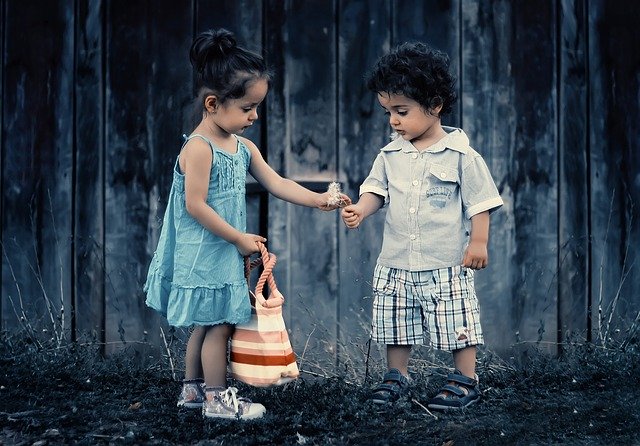All of the below sharing is intended to help your child gain some of the skills which he needs to have for a lifetime. We’re not talking about math, instead, we’re talking about the upbringing of people who are caring, kind, generous, empathetic and have all other good things. Fortunately, teaching kids these important basics can happen in the short term, day after day, week after week, and will bring big results.
Especially with the negative state of the world today, it can make a lot of sense to focus on transmitting positive skills and being sincere in children.
- Read books about emotions
You should start with the basics and teach children about emotions. There are many great children’s books and stories to help call common emotions. While reading these books, you do not just focus on the content on the pages, you should interact with your baby more, ask her to describe her feelings of happiness, sadness, disappointment, fear, excitement, etc., and share with them when you had the same feelings.
- Play emotional games
Especially for young children (toddlers), finding games that help them tap into their emotions is a great addition to the books which they’re reading. Toys that show facial expressions better can allow children to recreate suggested emotions (calm, anxiety, sleepiness, anger, etc.), as well as their own creativity about emotions.

- Practice gratitude with your baby
In this 1 year of pandemic, there are many of us who have suffered so much and if we want to relieve our psychology, the key is just focusing on what we are grateful for. Start from keeping a gratitude diary and writing gratitude notes to making gratitude part of your family culture, spreading it to your kids, sharing with them, practicing with them.

- Be a strong role model
The goal of this thing is to help the baby learn to respect others, as well as about everything else. But let’s be honest – the pandemic doesn’t always bring out the best parents among all of us at all times.
Just remind yourself that your child is watching you, and in times of mischief caused by stress, it’s important to take some time to apologize to your child if needed and explain to them about the context and the reason why it’s not who you want to be at that moment. And then the baby will also get a lesson from that situation.
- Be kind to the things around you
Starting at an early age, children can get in the spirit of giving by choosing thoughtful gifts for others (including toys), making cakes to give to neighbors, and giving away toys that last a long time. Older kids who start to earn money may also get into the habit of dividing their money into “savings”, “spending” and “giving” jars.

